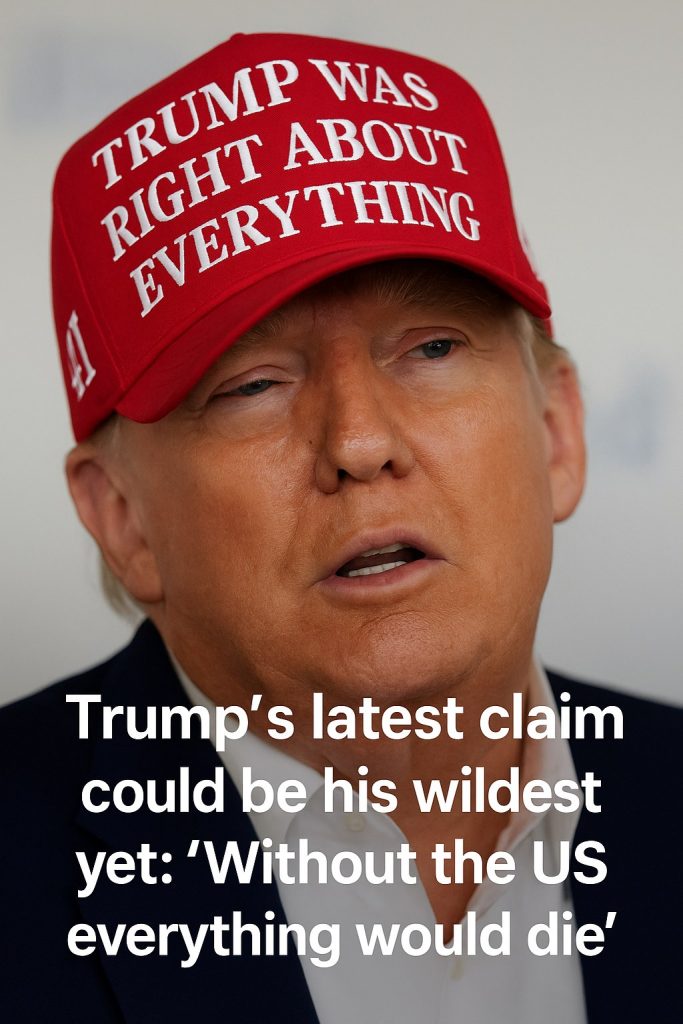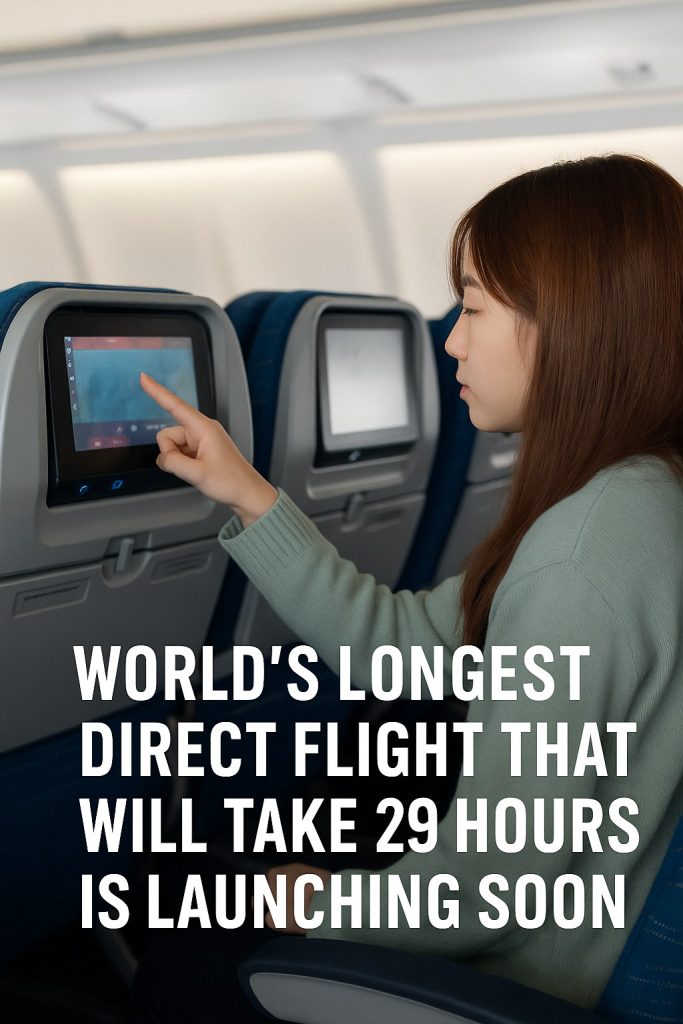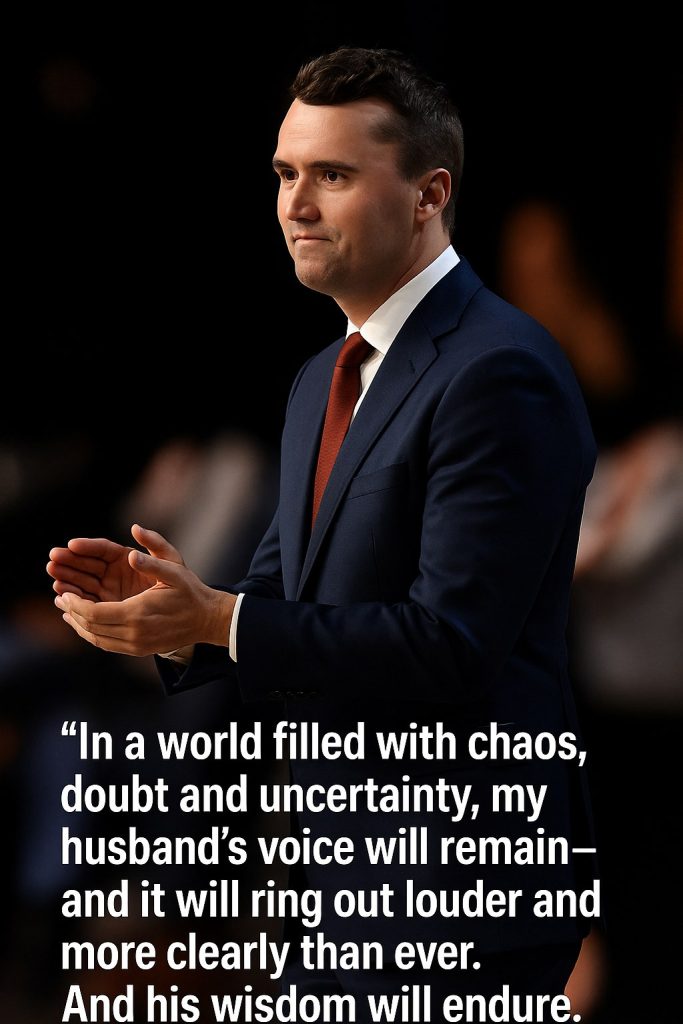In a fiery press conference held on September 2, 2024, former President Donald Trump once again threw the political landscape into turmoil with bold claims about his administration’s economic and geopolitical achievements. Trump described his controversial tariffs as the “ultimate war settler,” asserting that these measures have directly contributed to ending seven wars during the early months of his second term.
“Without the United States, everything would die,” Trump proclaimed, emphasizing his belief in America’s critical role on the global stage. He suggested that his tariffs, designed ostensibly to protect American industries and leverage economic power, have served a far broader purpose than previously acknowledged.
During the press conference, Trump reiterated his oft-repeated narrative of economic muscle doubling as diplomatic leverage. He argued that the tariffs imposed on various countries have forced adversaries to “sit down and settle their differences,” effectively bringing protracted conflicts to an end without traditional military engagement.
Critics have long viewed Trump’s tariff policies as economically damaging, citing increased costs for American consumers and strained international relations. However, Trump’s latest comments frame these tariffs as strategic tools of peace, a characterization that has sparked both astonishment and debate.
“I have settled seven wars already in the few months of my second term,” Trump claimed, providing no immediate specifics about which conflicts he referred to. Observers speculate he may be speaking metaphorically or referencing unresolved trade disputes and diplomatic standoffs rather than conventional warfare.
This latest assertion arrives amid a highly charged political climate, with Trump seeking to solidify his influence ahead of the 2024 presidential election cycle. Supporters have seized on the narrative as evidence of his “America First” policy success, while opponents dismiss it as hyperbolic rhetoric disconnected from geopolitical realities.
The press conference also featured a striking visual element: an image displayed behind Trump included bold, partially cryptic text reading “TRUMP RICHT WAS RIGHT SYERYTRING EVERYTHING T bulletin.” Though somewhat garbled, the message hints at a broader theme Trump frequently returns to — that his judgments and policies have been vindicated by subsequent events, even if initially misunderstood or opposed.
Political analysts highlight that Trump’s framing of tariffs as “war settlers” ties into his ongoing effort to reshape how economic tools are perceived in foreign policy. By positioning trade sanctions and tariffs as mechanisms of peace rather than conflict, he is attempting to craft a legacy of strength without conventional warfare.
Nonetheless, many experts caution against conflating economic penalties with peacekeeping. The complex nature of international conflicts rarely allows for such straightforward resolutions, and tariffs can often exacerbate tensions rather than calm them.
As the political conversation shifts toward upcoming elections and foreign policy debates, Trump’s latest remarks will undoubtedly fuel further discussion on the role of economic power in achieving geopolitical stability. Whether his claims of settling wars through tariffs are met with skepticism or embraced by his base, they underscore the ongoing reshaping of American political discourse in the 2020s.



